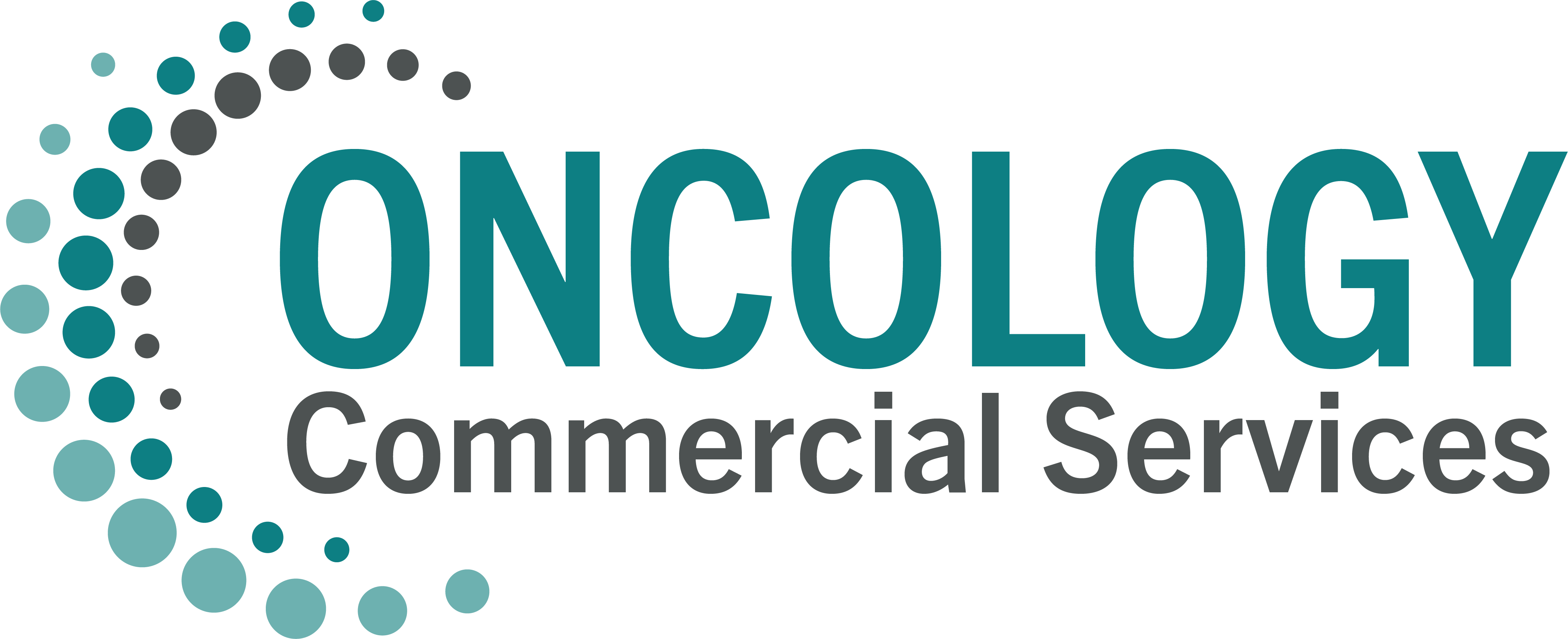Platinum-based chemotherapy is the recommended adjuvant treatment for patients with resectable, ALK-positive non–small-cell lung cancer (NSCLC). Data on the efficacy and safety of adjuvant alectinib as compared with chemotherapy in patients with resected ALK-positive NSCLC are lacking.
We conducted a global, phase 3, open-label, randomized trial in which patients with completely resected, ALK-positive NSCLC of stage IB (tumors ≥4 cm), II, or IIIA (as classified according to the seventh edition of the Cancer Staging Manual of the American Joint Committee on Cancer and Union for International Cancer Control) were randomly assigned in a 1:1 ratio to receive oral alectinib (600 mg twice daily) for 24 months or intravenous platinum-based chemotherapy in four 21-day cycles. The primary end point was disease-free survival, tested hierarchically among patients with stage II or IIIA disease and then in the intention-to-treat population. Other end points included central nervous system (CNS) disease–free survival, overall survival, and safety.
In total, 257 patients were randomly assigned to receive alectinib (130 patients) or chemotherapy (127 patients). The percentage of patients alive and disease-free at 2 years was 93.8% in the alectinib group and 63.0% in the chemotherapy group among patients with stage II or IIIA disease (hazard ratio for disease recurrence or death, 0.24; 95% confidence interval [CI], 0.13 to 0.45; P<0.001) and 93.6% and 63.7%, respectively, in the intention-to-treat population (hazard ratio, 0.24; 95% CI, 0.13 to 0.43; P<0.001). Alectinib was associated with a clinically meaningful benefit with respect to CNS disease–free survival as compared with chemotherapy (hazard ratio for CNS disease recurrence or death, 0.22; 95% CI, 0.08 to 0.58). Data for overall survival were immature. No unexpected safety findings were observed.
Among patients with resected ALK-positive NSCLC of stage IB, II, or IIIA, adjuvant alectinib significantly improved disease-free survival as compared with platinum-based chemotherapy.
The ALINA study is a well-designed example of using genomic markers to provide directed care in NSCLC.
READ THE ARTICLE – https://www.nejm.org/doi/pdf/10.1056/NEJMoa2310532
